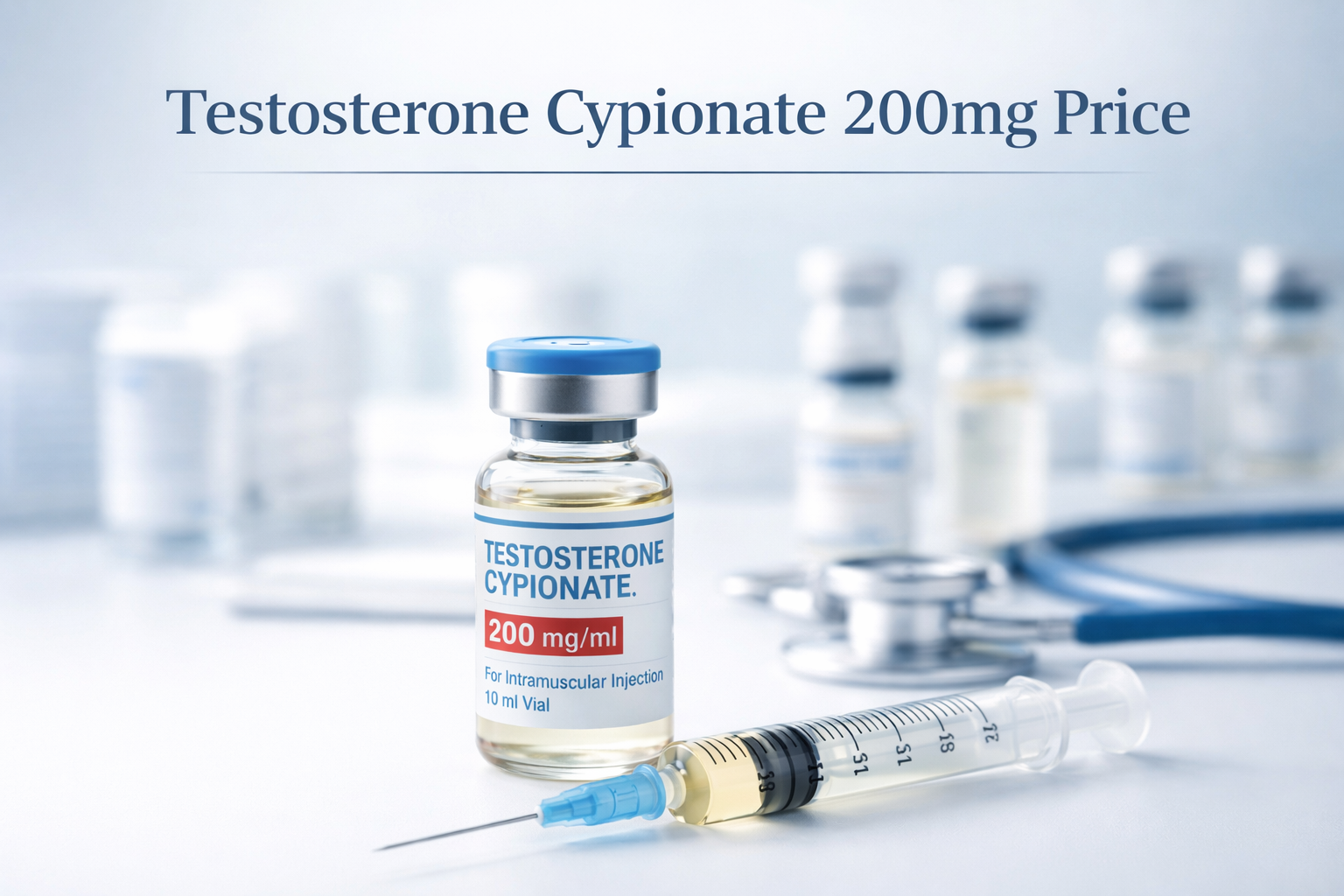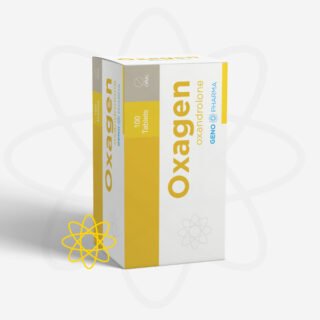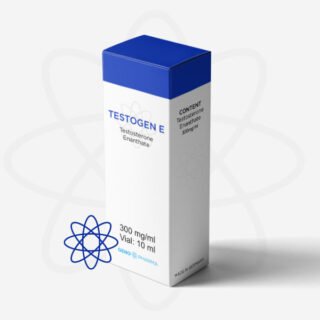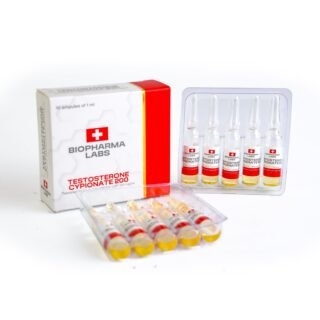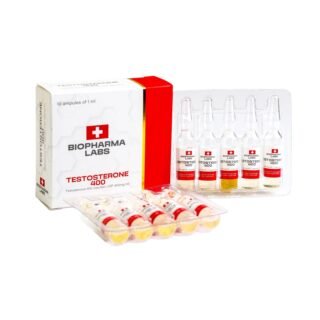Category
- Best Peptides for muscle growth
- Geno Pharma Domestic Warehouse 2 (Canada&USA)
- GPH(Domestic Shipping US) Warehouse 1
- Human Pharma Premium
- Phar Labs Premium-Select
- Steroids on Sale USA, Real Steroids Online
- New arrivals in USA
- Most popular steroids in USA
- Antiestrogens / Gonadotropins
- Bangkok Steroid USA
- Biopharma Steroid USA
- British Dragon
- Anabolic Steroids for Horses
- Fat-burners
- Gen Pharma USA
- Medical Pharma Steroid USA
- Medical Tech Steroid USA
- Novocrine Steroids
- HGH USA
- Omega Labs Steroid USA
- Rotterdam Steroids USA
- SARMs USA
- Sciroxx
- Sydgroup Steroid USA
- Big vetenary Steroid USA
- Watson Steroids
- XT Labs Steroids
Most Popular steroids USA
-
 Primobolan for sale 100mg 10 ml Human Pharma in USA
$115.00
Primobolan for sale 100mg 10 ml Human Pharma in USA
$115.00 -
 NPP Steroid 100mg 10 ml Premium Domestic USA
NPP Steroid 100mg 10 ml Premium Domestic USA
$99.00Original price was: $99.00.$80.00Current price is: $80.00. -
 Anavar for Sale in USA – 10mg 80 Tabs GPH-Premium
Anavar for Sale in USA – 10mg 80 Tabs GPH-Premium
$110.00Original price was: $110.00.$80.00Current price is: $80.00. -
 Buy Anavar 10mg – Purchase Geno Pharma
$99.00
Buy Anavar 10mg – Purchase Geno Pharma
$99.00 -
 Testosterone Cypionate Buy 300mg 10ml Geno Pharma
$99.00
Testosterone Cypionate Buy 300mg 10ml Geno Pharma
$99.00 -
 Buy Testosterone E 300mg 10 ml Geno Pharma Domestic USA/CA
$99.00
Buy Testosterone E 300mg 10 ml Geno Pharma Domestic USA/CA
$99.00 -
 Testosterone Cypionate 200 Biopharma 10 amp
Testosterone Cypionate 200 Biopharma 10 amp
$99.00Original price was: $99.00.$72.00Current price is: $72.00. -
 Testosterone 400 Biopharma 10 Ampoules
Testosterone 400 Biopharma 10 Ampoules
$99.00Original price was: $99.00.$75.00Current price is: $75.00. -
 Eq 300 steroid Rotterdam 10ml
Eq 300 steroid Rotterdam 10ml
$79.00Original price was: $79.00.$69.00Current price is: $69.00. -
 Steroid Deca Geno Pharma 300mg 10ml
Steroid Deca Geno Pharma 300mg 10ml
$110.00Original price was: $110.00.$99.00Current price is: $99.00. -
 Boldenone Cypionate 200 mg / 10 mL Geno Pharma
Boldenone Cypionate 200 mg / 10 mL Geno Pharma
$90.00Original price was: $90.00.$85.00Current price is: $85.00. -
 Somatrox XT Labs 150 IU x 10 vials (15 ui each)
Somatrox XT Labs 150 IU x 10 vials (15 ui each)
$450.00Original price was: $450.00.$350.00Current price is: $350.00.


Table of Contents
ToggleWhat is fluid retention?
Fluid retention or edema is an accumulation of fluids in the tissues, and therefore an important issue for the bodybuilder when dealing with cutting or definition.
Fluid retention is not a disease, but a simple metabolic disorder that can occur in the abdomen (important for gym enthusiasts as it hides your six pack) or the peritoneum, even in the hands, but most often occurs in the ankles and feet.
Within health, it is common for many athletes to produce water imbalances, for example due to abundant sweating that has not been compensated with a sufficient supply of water, which gives rise to edema, especially when training with high temperatures, which is why which fluid intake during training is so important.
Fluid retention and muscle definition
When fluid retention occurs, the blood vessels deposit a lot of fluid in the body tissues, or what is the same, these fluids that are stored in them are not being eliminated normally through the blood.
The same happens if the lymphatic vessels are unable to transport excess fluids from the body, which leads to fluid retention.
The causes for which fluid retention can occur can be endogenous or exogenous. The most frequent endogenous causes are being overweight, a malfunction of the lymphatic glands, or suffering from kidney, heart or liver failure. The usual exogenous causes are heat and humidity, the abuse of salt in meals, and especially in bodybuilders the intake of steroids that precipitate it, such as synthetic derivatives of testosterone.
These steroidal anabolics, when ingested in high doses, produce a notable increase in protein synthesis and muscle hypertrophy, modifying plasma lipoproteins, inhibiting HDL, by activating hepatic lipoprotein lipase, and increasing both LDL and apolipoproteins, which it gives them an atherogenic profile, which causes a retention of potassium, sodium, chlorine, phosphate, calcium and sulfur, thus contributing to fluid retention. Obviously, fluid retention is totally incompatible with perfect muscle definition, especially in regard to the abdomen, since it hides the muscles of the rectus abdominis.
Fluid balance
Organic functions always tend to balance liquids, between those that are consumed through food and drinks, with respect to those that are excreted, using mechanisms that modify our behavior to increase or decrease fluid intake, such as thirst. In turn, these liquids are excreted through the skin (sweat), lungs and feces, but it is through the kidneys where the greatest processing of liquids occurs, eliminating excess liquids through urine.
In this sense, an antiduiretic hormone called Vasopressin will be the one who finally controls the amount of liquids that must be excreted through the urine through the kidney. This hormone that is produced in the brain, also helps control blood pressure by intervening in the kidneys and capillaries, being able to regulate and maintain the volume of liquids, increasing or reducing the amount of water that passes into the urine, or which must return to the blood stream.
Vasopressin controls several factors such as:
• Control of blood volume and blood pressure in the event of dehydration or hemorrhage.
• Control of salts in the blood circulation, for example by not drinking enough water on a hot day, which would lead to dehydration.
• Control of thirst, vomiting, nausea.
Some exogenous substances, such as alcohol, interfere with the release of vasopressin, which causes increased urination and therefore dehydration. In general, a high level of vasopressin causes fluid retention, which increases the amount of water in the blood, causing it to be more diluted, and generating a severe decrease in salt concentration. Conversely, a low level of vasopressin causes the excretion of too many fluids, increasing urination, which can lead to dehydration and a drop in blood pressure.
Fluid retention and cortisol
Although the function of cortisol is to deal with stress, inhibiting the action of any other metabolic system that does not participate in the process, raising blood pressure and increasing metabolic sensitivity to catecholamines, epinephrine and norepinephrine and causing vasoconstriction that reduces blood flow in different areas, an anti-diuretic effect is generated with sodium retention, thus leading to fluid retention.
Since each of our cells has a cortisol receptor, those people who are subjected to stress are forced to retain liquids in addition to seeing the functions of their immune system inhibited.
How to solve fluid retention
For bodybuilders, it is essential to fight efficiently against fluid retention in order to successfully finish their cutting or definition period, helping their metabolism to maintain a better water balance by addressing the following issues:
• Drink water with electrolytes or what is the same, an isotonic drink during training.
• Add a natural diuretic such as glucomannan or green tea to the water.
• Increase potassium intake by eating a plantain or banana after training.
• Minimize salt in food.
• A good sleep cycle from 6 to 8 am.
• Add a diuretic to the diet.
• A diet based primarily on fruits and vegetables (especially pineapple).
• Eliminate the consumption of cured, smoked, salted foods, cured meats, cod, anchovies, serrano and york ham, olives and pickles.
• Eliminate potential stressors.
Frequently asked questions about fluid retention
What are the symptoms of fluid retention?
The most common symptoms are swelling, a feeling of swelling or heaviness in the abdomen, feet, ankles, legs, hands and arms.
How long does it take to remove it?
Fluid retention can be eliminated in about 2 weeks, provided a diuretic is used.
Other injury topics that might interest you
Share this page:
- Share on X (Opens in new window) X
- Share on Facebook (Opens in new window) Facebook
- Email a link to a friend (Opens in new window) Email
- Share on LinkedIn (Opens in new window) LinkedIn
- Share on Reddit (Opens in new window) Reddit
- Share on Pinterest (Opens in new window) Pinterest
- Share on Telegram (Opens in new window) Telegram
- Share on WhatsApp (Opens in new window) WhatsApp
- Share on Tumblr (Opens in new window) Tumblr
Written by Steroids USA
Pay with WISE APP or Remitly
Pay with WISE App or Remitly
Fast money transfers from USA for fast delivery of steroids
Secure delivery in USA
100% reliable shipping in USA
24x7 Support
Online 24 hours
Low cost delivery
Great shipping prices in USA
BULK ORDER DISCOUNT
If you are a reseller in the USA you can get a special DISCOUNT, we can give you up to 50% or more on bulk orders. If you want to make a bulk order, we can negociate for orders of over USD$4,000, contact us by email.
Steroids info


